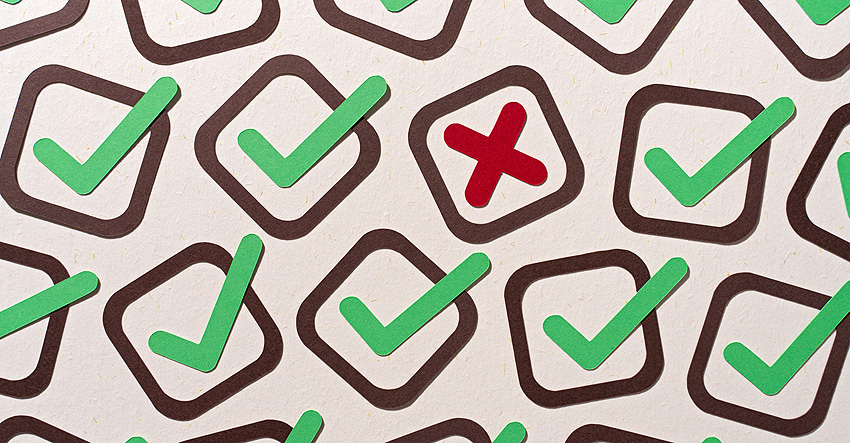What happens when your bank makes a mistake?
28/03/2023
Most bank transactions have been simplified and automated in recent years, but mistakes do still happen.
As soon as a bank becomes aware of its error, it must acknowledge and correct the same without delay, agreeing to a solution with the customer wherever possible. And, of course, it must also take steps to prevent the same mistake from happening again.
The most common types of error are as follows:
- If an error has been made in public deeds, once detected, whether by the bank itself or by the customer, the bank must take prompt action to remedy it as soon as possible and request a notarised correction. Should the notary find that the request cannot be fulfilled, correcting the error would only be possible by agreement between the parties or, if applicable, by the courts of justice.
- As for bank account errors, the account holder, as the party primarily concerned with monitoring their account movements, should notify the bank within a reasonable time frame to have it corrected.
- As for errors in payment transactions, the regulations state that customers must notify the bank without delay and within a maximum of 13 months from the date of debit or payment, provided that the bank has sent proof of the transaction to the user.



